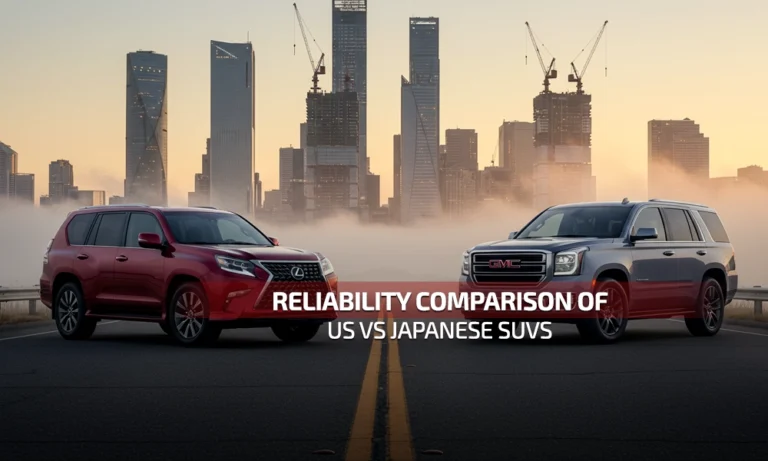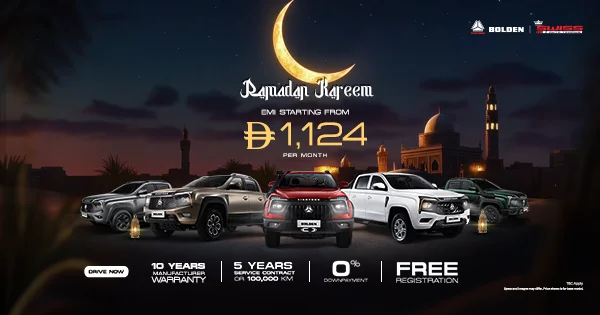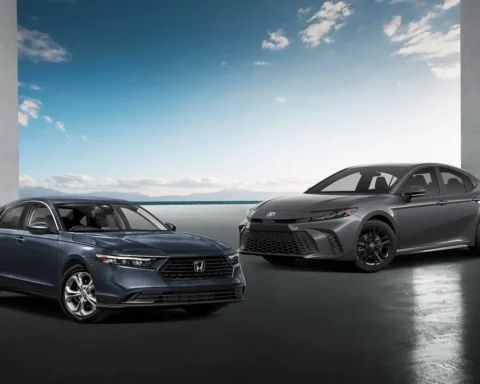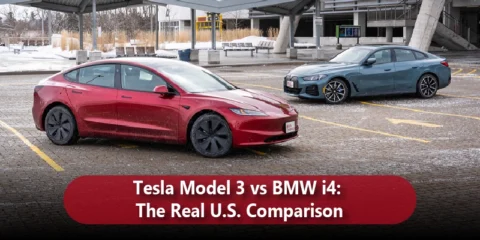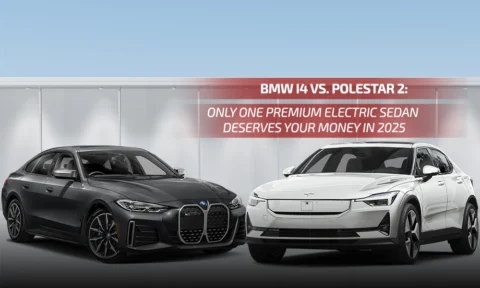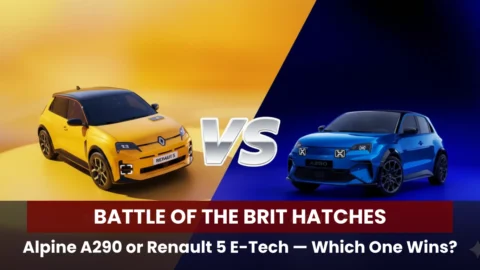When it comes to buying a new or used SUV, reliability can make or break the ownership experience.
Whether you’re driving through Dubai traffic or exploring the dunes outside Abu Dhabi, you want a vehicle that won’t give up on you.
In this blog, we’re diving into the reliability comparison of US vs Japanese SUVs—backed by data, real-world use, and long-term ownership costs.
What Makes an SUV Reliable?
Reliability in an SUV refers to how well it performs over time without unexpected repairs.
It includes the engine, transmission, electronics, suspension, and more. Key reliability indicators include:
- Fewer breakdowns and recalls
- Lower maintenance costs
- Longevity past 100,000 km
- Solid resale value
Japanese brands like Toyota and Honda have long been known for their reliability, while American SUVs like those from Ford and Chevrolet offer power and comfort—but may fall short in long-term dependability.
To be very honest, I’ve always liked the reliability of the Japanese. Not to say the reliability of the US SUVs isn’t bad, but the difference is just too big.
Yes—across various studies and user reports, Japanese SUVs consistently rank higher in reliability than American SUVs.
Brands like Toyota, Honda, and Subaru regularly lead Consumer Reports and J.D. Power surveys.
Their engines are known to last well over 200,000 km with minimal issues, especially in hot climates like the UAE.
Not all US SUVs fall behind.
Models like the Chevrolet Tahoe, Ford Expedition, and Jeep Grand Cherokee have improved in recent years.
However, they tend to face more electronic and suspension issues as they age compared to their Japanese rivals.
Yes. SUVs like the Toyota Land Cruiser, Prado, and Nissan Patrol dominate the UAE resale market.
Their parts are more readily available, and they’re trusted by families, fleet buyers, and off-road enthusiasts alike.
In contrast, American SUVs may face steeper depreciation and higher repair costs after warranty.
American SUVs often win when it comes to interior features, infotainment systems, and ride comfort.
They tend to be larger, more spacious, and more tech-loaded.
Japanese SUVs may seem conservative by comparison—but their simplicity is often what keeps them reliable for years.
Japanese SUVs generally cost less to maintain.
Their parts are more available, and labor is usually cheaper.
Many UAE garages specialize in Japanese vehicles.
US SUVs, especially full-size ones, may require more expensive parts and fuel—factors that can add up quickly over time.
Toyota Prado vs Ford Explorer in the UAE
| Feature | Toyota Prado | Ford Explorer |
| Reliability | Excellent (few breakdowns) | Good (more electronics issues) |
| Maintenance Cost | Low | Moderate to high |
| Fuel Efficiency | Better | Less efficient |
| Parts Availability | Widely available in UAE | Limited in some areas |
| Resale Value | High | Moderate |
This match-up shows exactly why the reliability comparison of SUVs leans toward the Japanese side—especially for long-term ownership in hot, urban climates like Dubai or Sharjah.
Important Things To Remember as an SUV Buyer in UAE
- Choose Japanese SUVs if you prioritize long-term reliability, easy maintenance, and higher resale value.
- US SUVs may be better for luxury, size, and towing power—but expect more frequent repairs.
- For buyers in Dubai, Abu Dhabi, or Sharjah, Japanese SUVs offer better local support, more parts, and stronger demand in the second-hand market.
- Always do a full inspection before buying—especially with American imports.
In the end, flashy tech and V8 power won’t help if your SUV spends more time at the garage than on the road. Japanese SUVs continue to win the reliability battle—and for UAE drivers who deal with extreme heat and long commutes, that matters more than ever.


